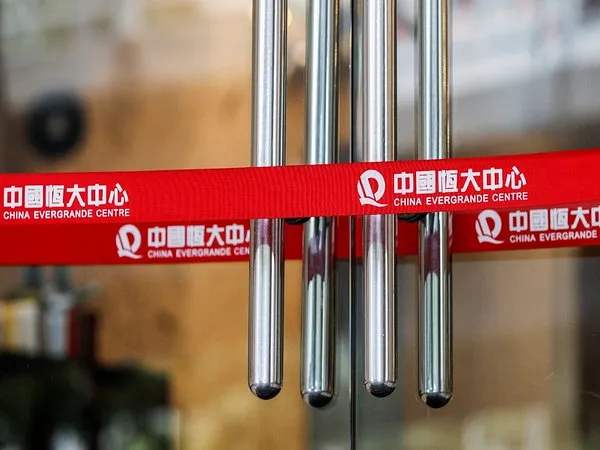The resignations came as the Chinese property developer fights for its survival as it struggles to manage its crushing USD 300 billion in debt.
On Friday, the executives were forced to resign from their posts over their involvement in a plan to funnel USD 2 billion into Evergrande’s coffers from one of its subsidiaries, The New York Post reported.
A preliminary investigation found that the funds, belonging to Evergrande Property Services, had been used as collateral to guarantee a series of loans, money that was then diverted to Evergrande through a third party, the company said.
When the loans were not repaid late last year, the Why bank seized USD 2 billion from the property management unit, reported The New York Post.
Earlier, in March, the company delayed in fil9ing its annual results, saying that it needed to investigate why banks had claimed the funds from Evergrande Property Services.
Evergrande, which did not identify the third party that facilitated the loans, said the funds were used for “general operations,” but it did not elaborate.
Once China’s biggest property developer, the firm has struggled to pay down debts of more than USD 300 billion to creditors after the government forced debt-laden real estate firms to curb borrowing, hampering the company’s ability to pay suppliers and finish projects. The company went into default in December.
Evergrande defaulted on its debt last year, and several other companies are seeking protection from creditors.
The developer is reeling under more than USD 300 billion of total liabilities, including about USD 19 billion in offshore bonds held by international asset managers and private banks on behalf of their clients, reported CNN.
Government officials have been sent into the company to oversee a restructuring, but there’s little clarity about what comes next. Evergrande has appealed for more time, but some lenders appear unwilling to wait.
Moreover, Soros, the legendary investor and chair of the Open Society Foundations said in September that asset manager BlackRock was making a “tragic mistake” by doing more business in China.
He has criticized Beijing over its surveillance policies and a crackdown on private business.
Analysts have been concerned that Evergrande’s collapse could trigger wider risks for China’s property market, hurting homeowners and the broader financial system. Real estate and related industries account for as much as 30 per cent of the country’s GDP, reported CNN.
China’s economy expanded 8.1 per cent last year, but weakening growth in the closing months of 2021 suggests the real estate crisis, renewed COVID outbreaks and Beijing’s strict approach to controlling the virus are taking a toll.
The International Monetary Fund expects economic growth to slow dramatically to 4.8 per cent in 2022.

